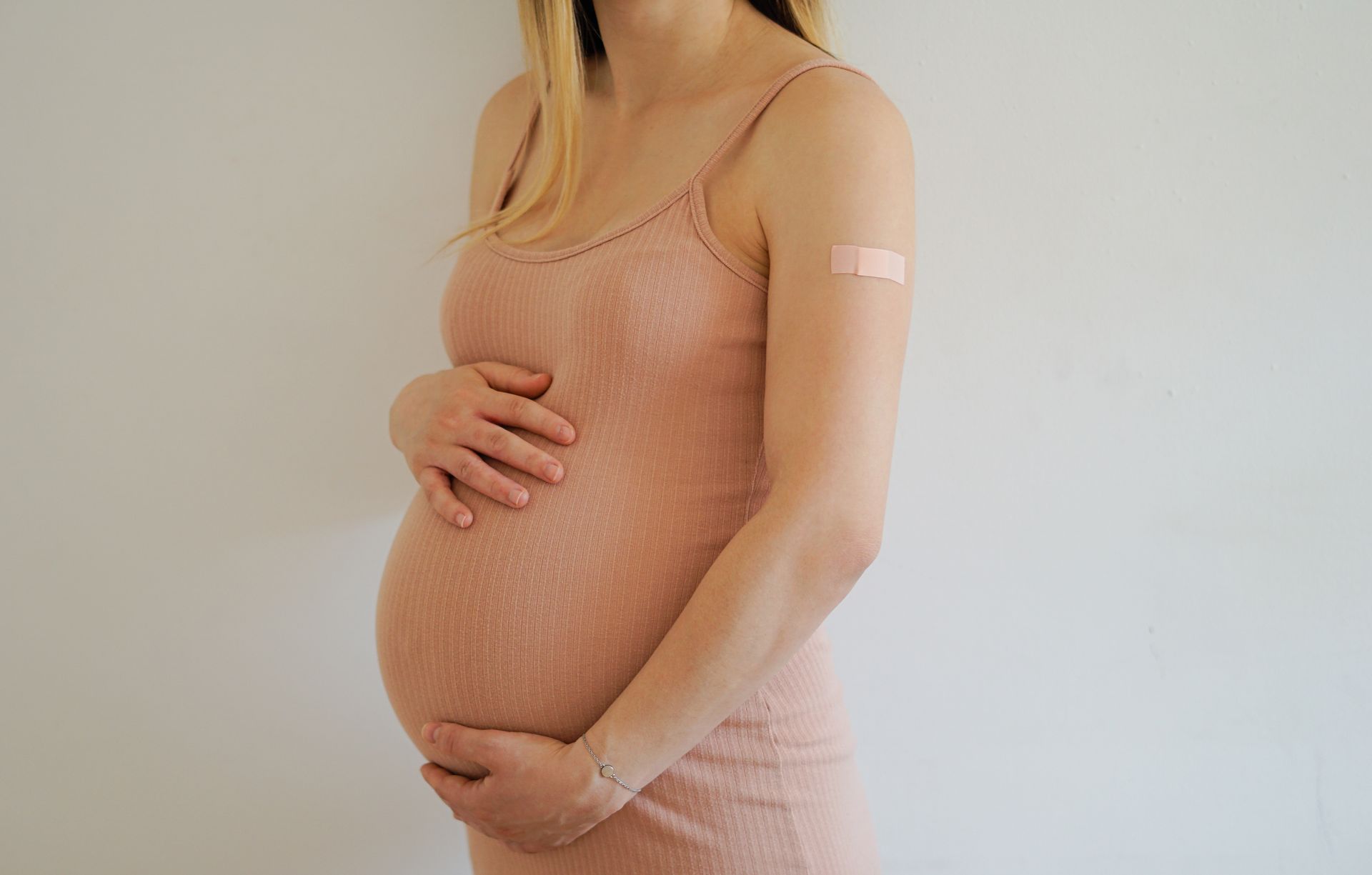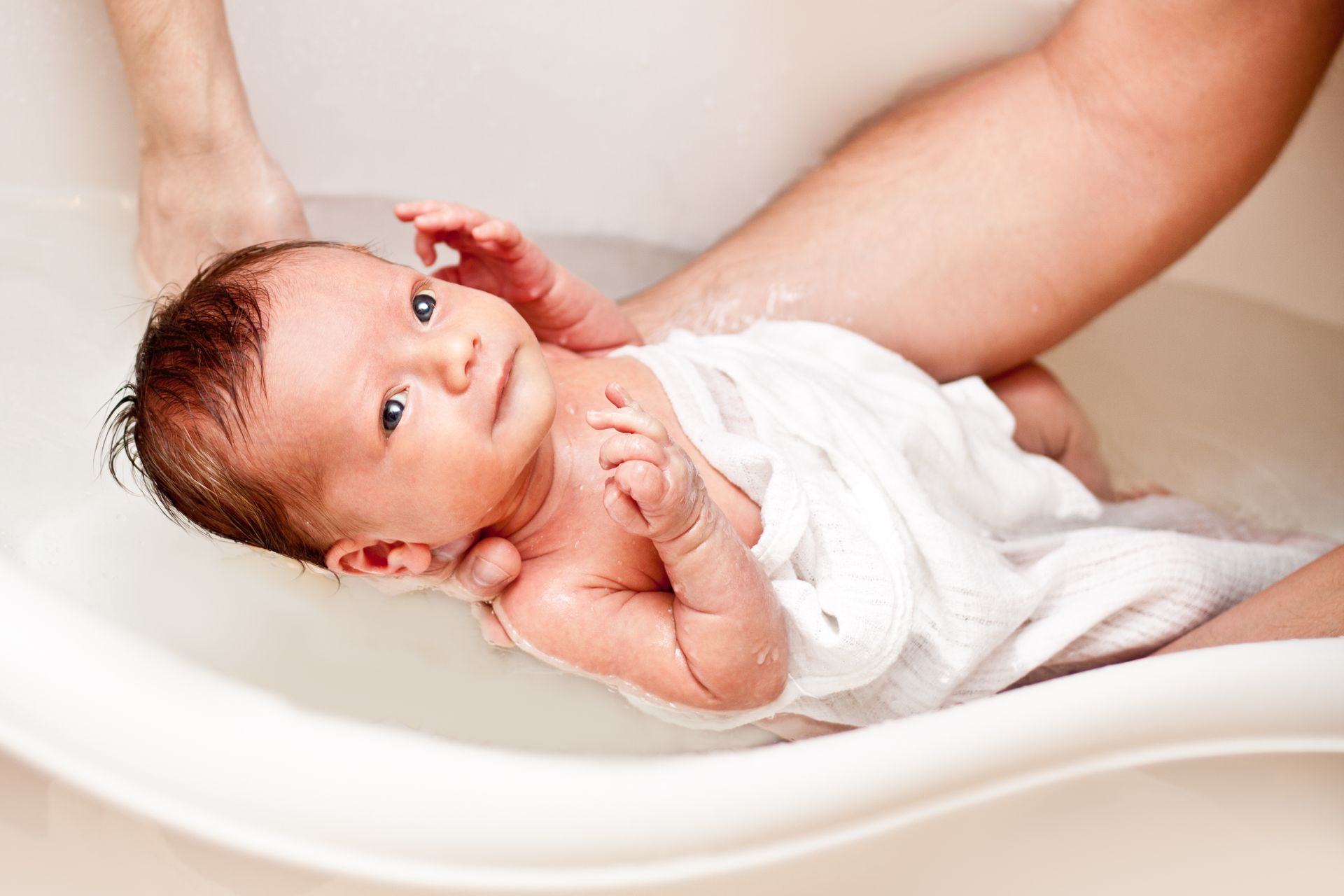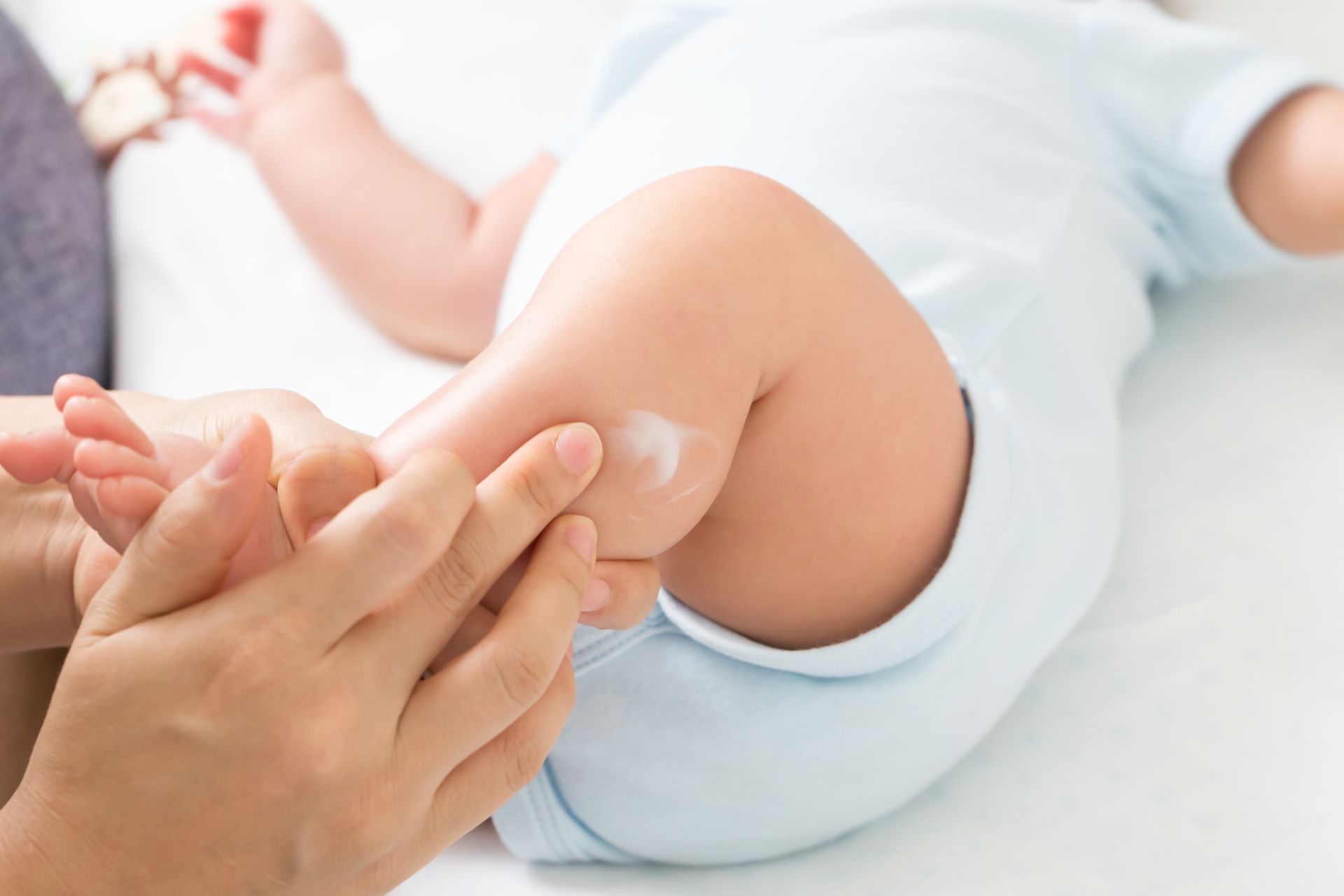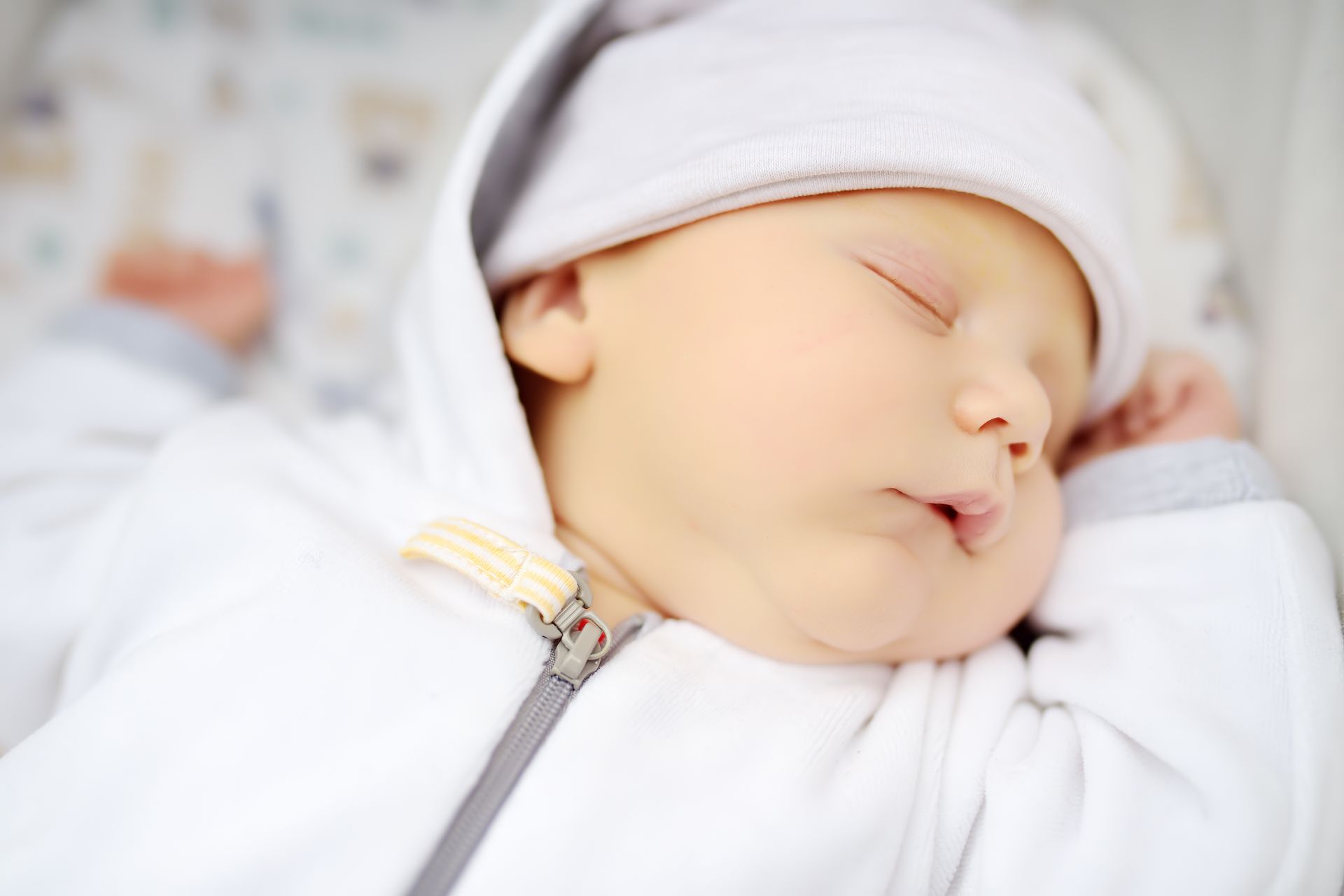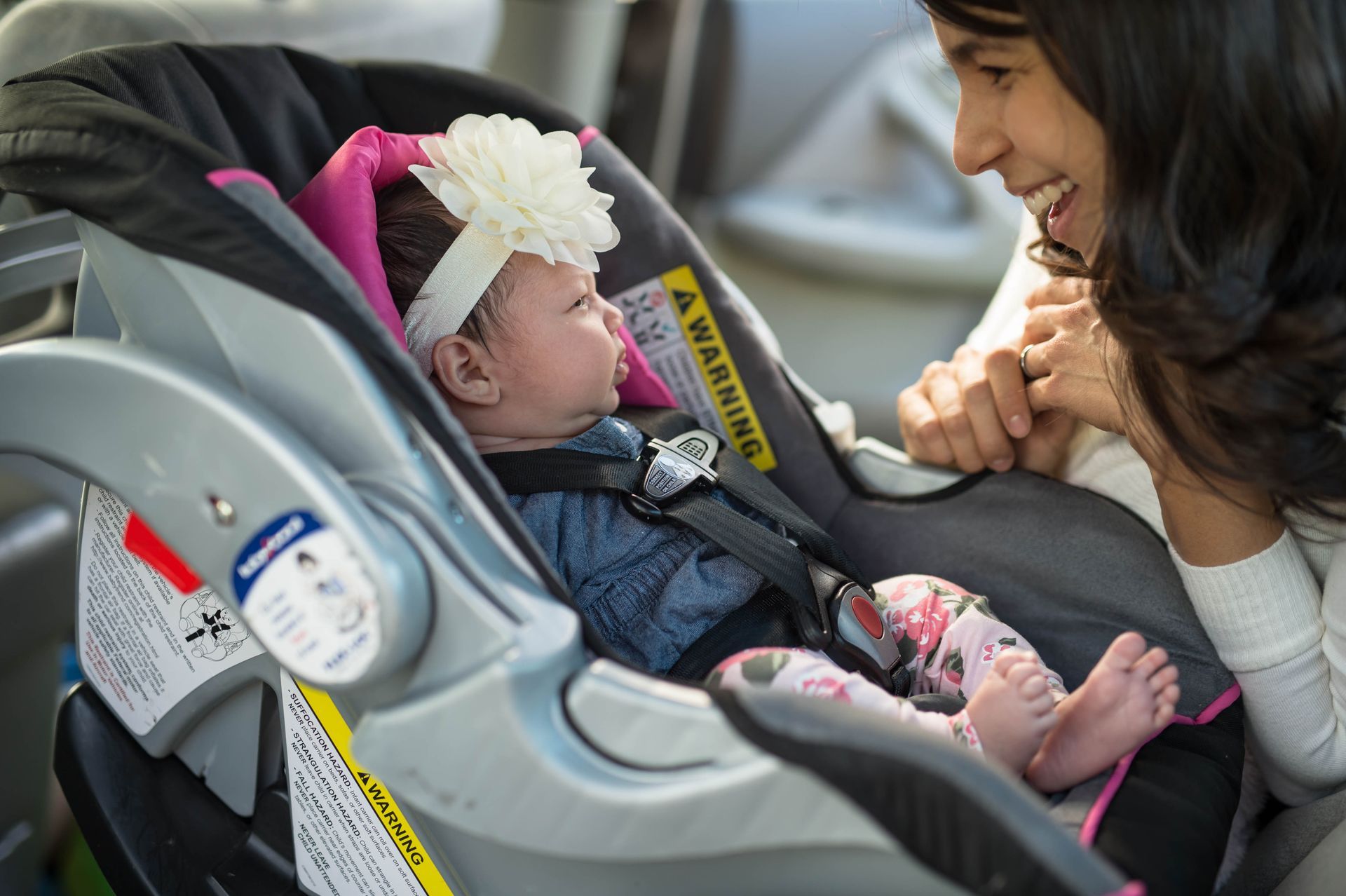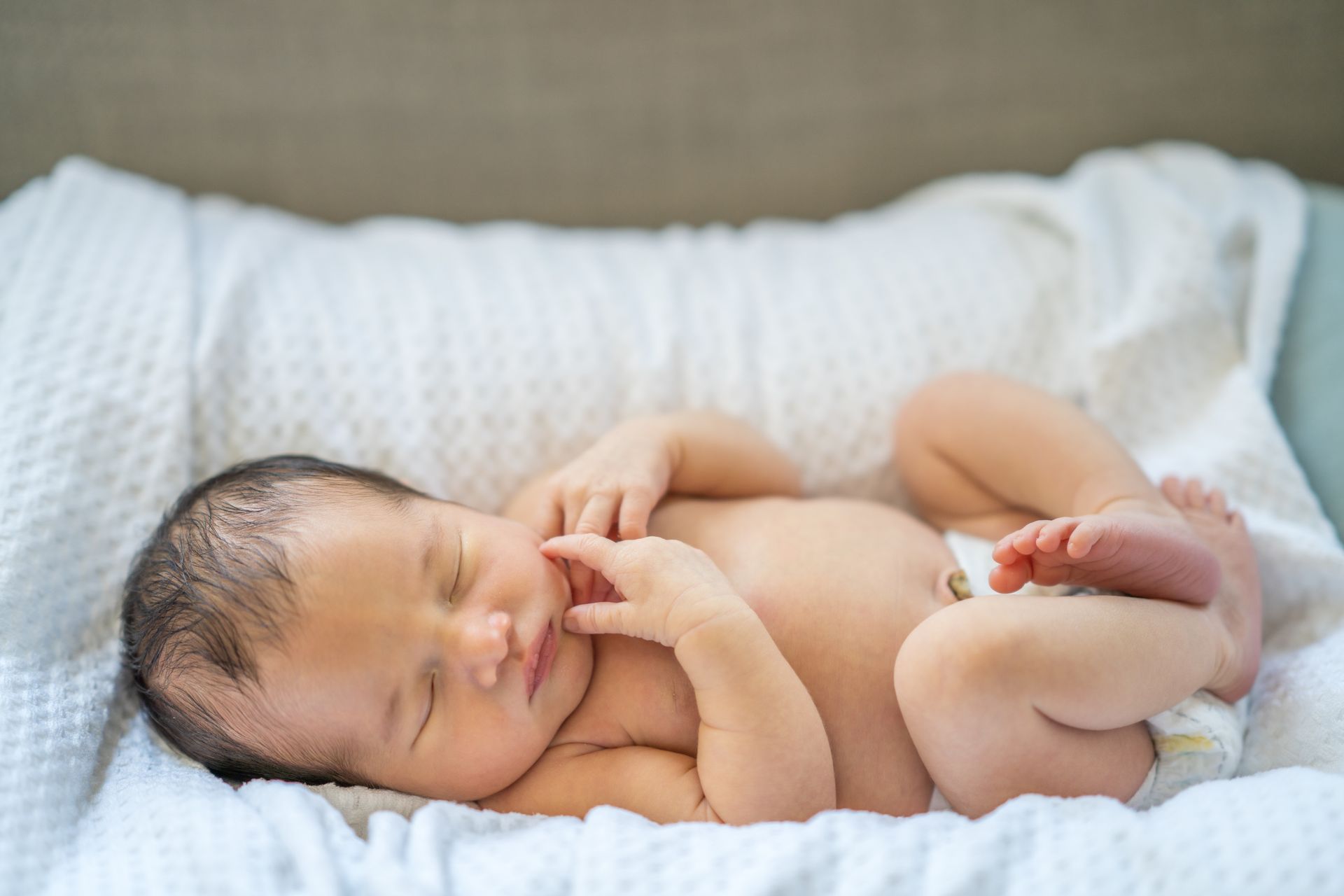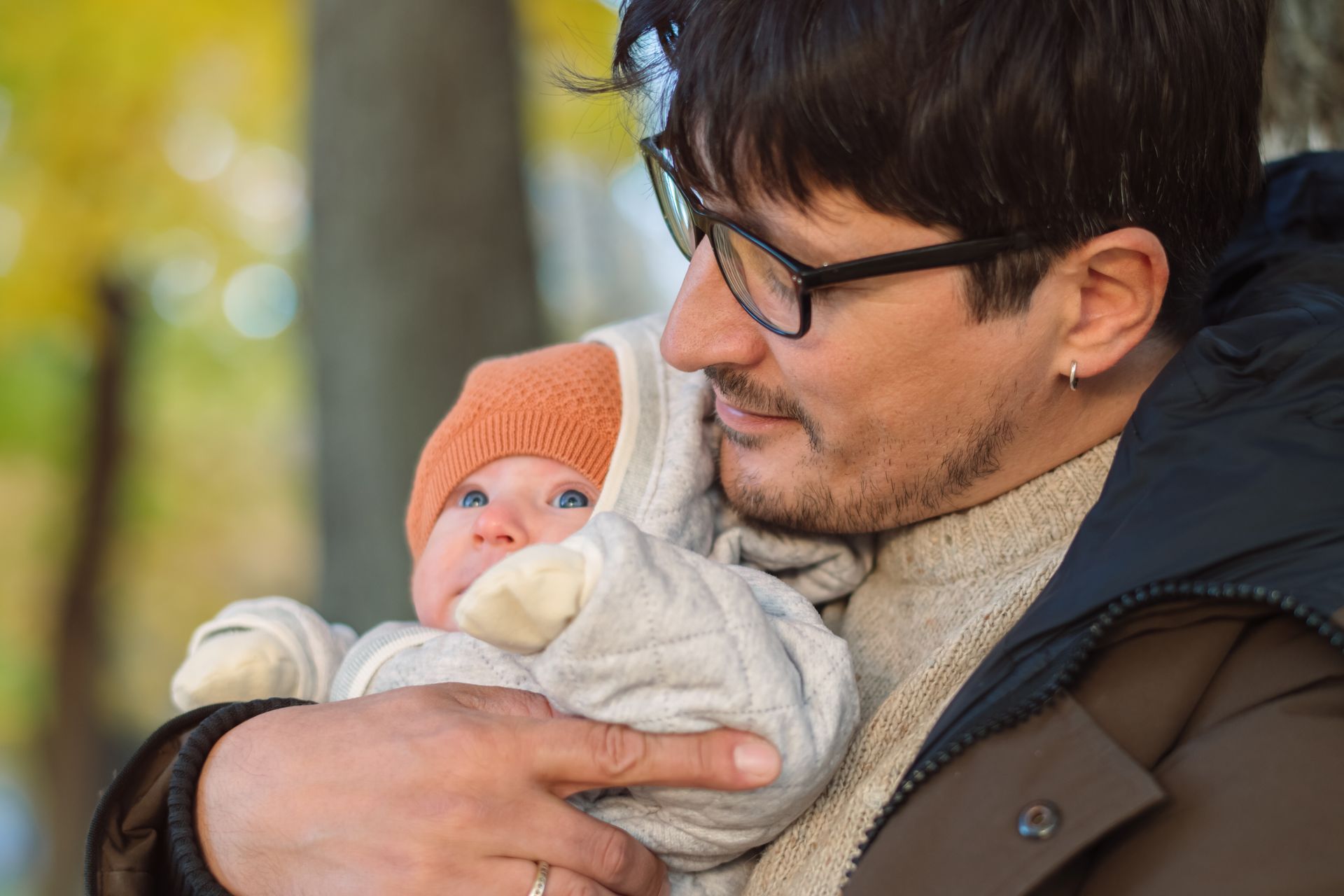Safe Sleep Tips for Newborns: Keep Your Baby Restful and Safe
Everything Parents Need to Know About Newborn Sleep and SIDS Prevention
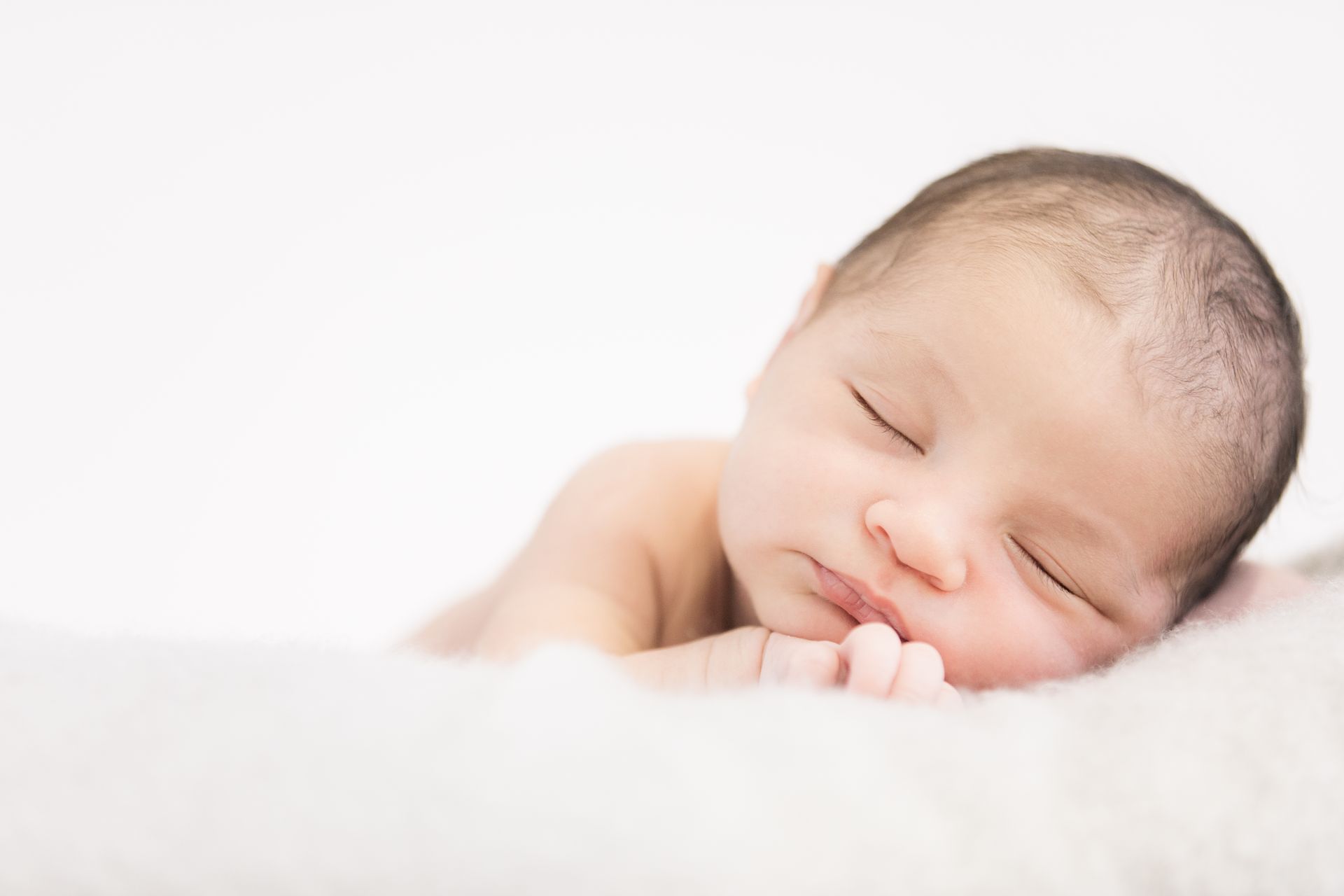
One of the biggest concerns for new parents is ensuring their newborn sleeps safely and soundly. While newborns typically sleep 16-18 hours a day, their sleep is often broken into short stretches of 1-2 hours. Establishing safe sleep practices early on is crucial for your baby's health, development, and safety.
How to Create a Safe Sleep Environment
Keeping your baby safe while they sleep involves a few simple but essential steps:
- Always Place Baby on Their Back: The safest sleep position for newborns is on their back. Whether it’s nap time or nighttime, placing your baby on their back can significantly reduce the risk of Sudden Infant Death Syndrome (SIDS).
- Use a Firm, Tight-Fitting Mattress: Your baby’s crib, bassinet, or play yard should have a firm, flat mattress with a tightly fitted sheet. Avoid any soft, cushiony surfaces that could pose a suffocation risk.
- Keep the Crib Clear: Never place soft items such as blankets, pillows, stuffed animals, or crib bumpers in the sleep area. These items increase the risk of suffocation and SIDS.
- Maintain a Comfortable Room Temperature: Keep the room temperature between 68-72°F. Dress your baby in light, breathable sleep clothing to avoid overheating, which is a known risk factor for SIDS.
Understanding Newborn Sleep Patterns
Newborns need a lot of sleep, but not in long stretches. It is normal for them to wake up every 1-2 hours, often needing feeding, changing, or comfort. While some babies may start sleeping longer stretches by 3 months of age, sleep patterns vary widely.
Tips for Better Newborn Sleep:
- Establish a Simple Bedtime Routine: Gentle activities like rocking, feeding, and soft lullabies can help signal sleep time.
- Encourage Day and Night Awareness: During the day, keep your home bright and active. At night, keep lights dim and activities calm to help your baby learn the difference between night and day.
- Use a Pacifier if Desired: Offering a pacifier at sleep time may reduce the risk of SIDS. If breastfeeding, introduce the pacifier once breastfeeding is well established
When to Call Your Pediatrician
While frequent waking is normal, contact your pediatrician if your baby:
- Is difficult to wake or unusually lethargic
- Is not feeding well or shows signs of illness
- Has trouble breathing while sleeping
Final Thoughts
The early weeks with a newborn can be exhausting, but following safe sleep practices can give you peace of mind and help your baby sleep more soundly. Prioritize safety by keeping your baby’s sleep space clear and always placing them on their back. With time and consistency, you’ll find a rhythm that works best for your family.
If you have any concerns about your baby’s sleep habits, don’t hesitate to reach out us at Chattanooga Children's Clinic for guidance.

